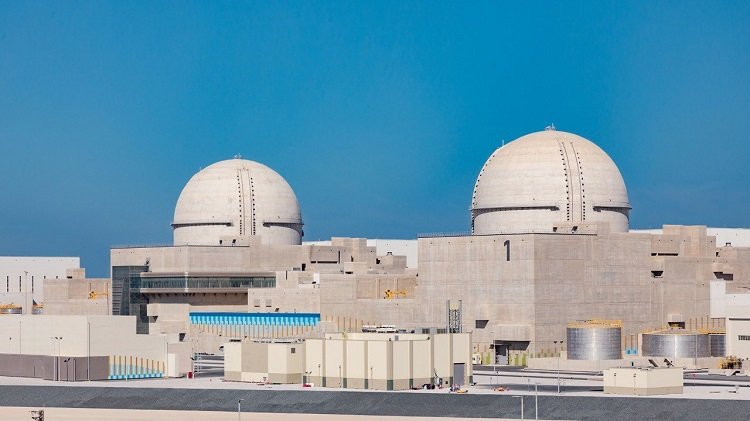
Falcon Eye Drones (FEDS), has underscored the importance of drones in increasing workplace safety while speeding up inspection measures to unlock the full potential of the Barakah Nuclear Energy Plant in Abu Dhabi that aims to generate clean electricity in the next 60 years.
 Hailing the launch of the UAE’s nuclear power plant, Rabih Bou Rashid, CEO of FEDS, said that drones can help ensure the gold standards of safety and reliability of the country’s $32 billion power plant, which is expected to offset approximately 21 million tonnes of greenhouse gas emissions a year, or equivalent to removing 3.2 million cars from the country’s roads annually.
Hailing the launch of the UAE’s nuclear power plant, Rabih Bou Rashid, CEO of FEDS, said that drones can help ensure the gold standards of safety and reliability of the country’s $32 billion power plant, which is expected to offset approximately 21 million tonnes of greenhouse gas emissions a year, or equivalent to removing 3.2 million cars from the country’s roads annually.
“The Bakarah Nuclear Energy Plant is a significant step towards the UAE’s vision to deliver a new source of clean energy. It is a pioneering project that targets to deliver up to a quarter of the nation’s electricity needs, becoming a true milestone for this forward-thinking nation,” said Bou Rashid.
With the drones’ ability to inspect confined spaces and areas beyond the human’s line of sight, FEDS said these unmanned utility vehicles (UAVs) can perform flawless assessments and capture crucial data in nuclear power plants without putting the workforce in harm’s way.
Prior to drones, Bou Rashid said surveying nuclear power plants required workers to don heavy anti-contamination suits. They also need to bring a radiation monitor—which exposes them to 250 millirem of radiation (around 10 per cent of the limit for radiation exposure yearly).
“Since drones are immune to radiation, inspectors can employ them to gather superior data—even around the most inaccessible spaces—without exposing workers to unnecessary dangers,” said Bou Rashid.
Bou Rashid said that drones’ capacity to comprehensively post-process data can play a crucial role in completing the set-up and maintaining the operations of the Barakah Nuclear Energy Plant in the most cost-efficient way possible.
“UAVs provide a first-hand full perspective of the site that was previously unrealistic to obtain, as well as help inspectors identify any potential deviations that could, in the future, dent its budget and even pose dangers to workers,” he said.
The CEO also underscored how drones can record areas using photogrammetry, allowing inspectors to view the nuclear site from different angles. He added that the information captured by drones can also be used to build information models and even virtual reality systems to help inspectors truly immerse in the data.
“As the UAE once again sets the bar high in modern science through Barakah Nuclear Energy Plant, drones will be vital to the leaders’ objective of providing clean energy and commercially competitive option which could make a significant contribution to the UAE’s economy and future energy security, ” said the FEDS CEO.